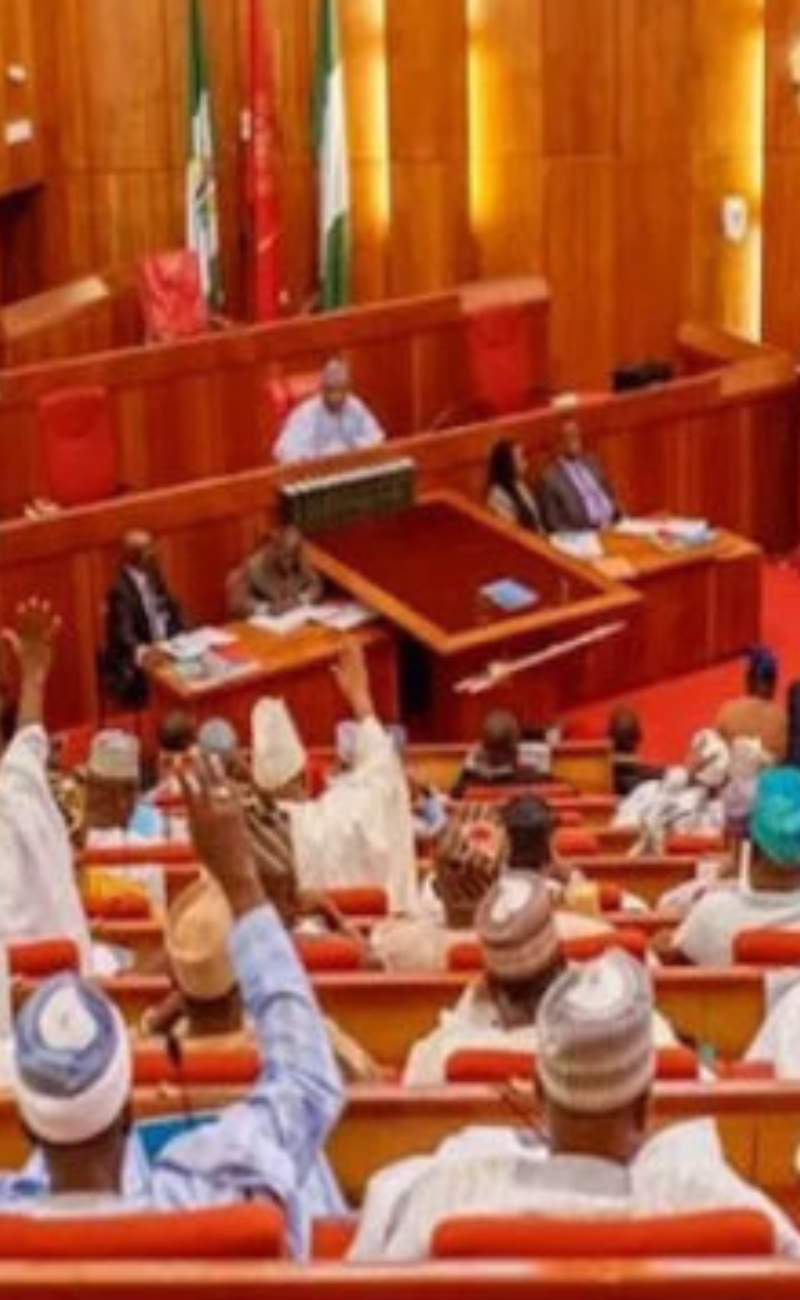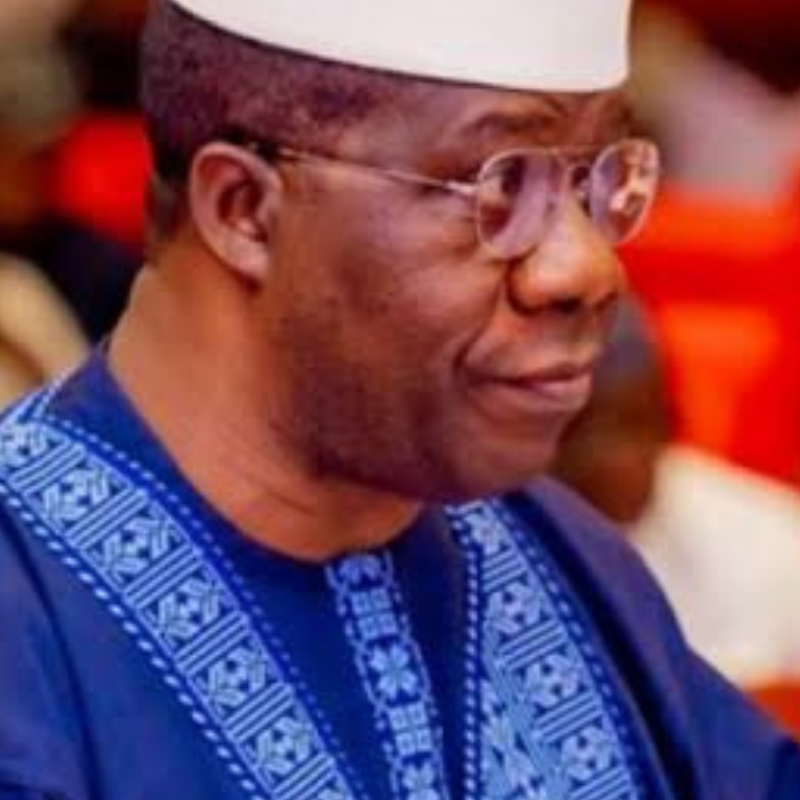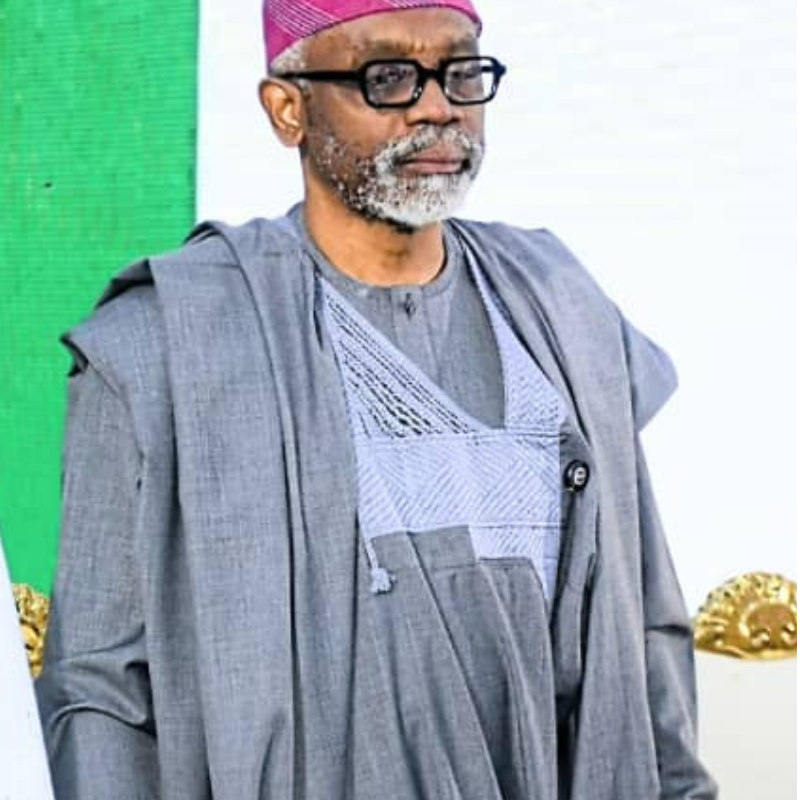President Tinubu has distanced himself from one-party state, reaffirms commitment to democratic competition

President Bola Ahmed Tinubu has dismissed speculations that the All Progressives Congress (APC) is plotting to turn Nigeria into a one-party state.
The President said this while addressing a joint session of the National Assembly on Thursday during the 2025 June 12 Democracy Day celebration.
Addressing lawmakers and other dignitaries present, Tinubu said he would be the last person to support such an undemocratic move, citing his personal experience as the sole surviving progressive governor in 2003 when the then-ruling party tried to wipe out opposition across the country.
“At this point, I plead for your indulgence so that I may put a terrible rumour to bed,” Tinubu said. “To those who ring the alarm that the APC is intent on a one-party state, I offer you a most personal promise. While your alarm may be as a result of your panic, it rings in error.”
The president firmly stated that neither in the past, present nor future would he support the idea of a one-party system, declaring that such a move would be unhealthy for Nigeria’s democracy.
“Look at my political history. I would be the last person to advocate such a scheme. In 2003, when the then-governing party tried to sweep the nation clean of political opposition through plot and manipulation, I was the last of the progressive governors standing in my region,” he recalled.
“In all their numbers and false grandeur, they boasted of ruling, not governing, Nigeria for the next half century or more. Where are they now?
“Yet, I stood alone. My allies had been induced into defeat. My adversaries held all the cards that mortal man could carry. Even with all of that, they could not control our national destiny because fate is written from above. A greater power did not want Nigeria to become a one-party state back then. Nigeria will not become such a state now.
President Tinubu explained that the failed attempt to create a one-party state in the past ironically led to the formation of the APC, which ultimately brought him to his current position as president.
“The failed effort to create a one-party state placed progressive political forces on a trajectory to form the APC. It put me on the trajectory which has brought me before you today. I dare not do such a favour to any political adversary by repeating the same mistake of political overreach
While rejecting the notion of a one-party state, Tinubu defended the APC’s openness to welcoming defectors from other political parties, including the recent entry of members from Delta and Akwa Ibom States.
“A one-party state is not in the offing. Nor should it ever be. That said, we would be guilty of political malpractice if we closed the door on those from other parties who now seek to join the APC,” Tinubu stated.
He also advised opposition parties to focus on strengthening their internal structures rather than blaming defections on alleged APC maneuvers.
“Political parties fearful of members leaving may be better served by examining their internal processes and affairs rather than fearfully conjuring up demons that do not exist. For me, I would say try your best to put your house in order. I will not help you do so. It is, indeed, a pleasure to witness you in such disarray,” he said pointedly.
Concluding his remarks, President Tinubu emphasised the importance of political diversity, saying that competition among parties helps strengthen democracy and serves the national interest.
“Our efforts must never be to eliminate political competition but to make that competition salutary to the national well-being by working across the political aisle whenever possible,” he said.
Some of the dignitaries in attendance at the joint session are: Vice President, Senator Kashim Shettima; Secretary to the Government of the Federation (SGF), Senator George Akume; Chairman, All Progressives Congress (APC), Umar Ganduje; former President of the Senate, Senator Bukola Saraki; Governor Babajide Sanwo-Olu of Lagos State, traditional rulers, members of the diplomatic corps, among others.




